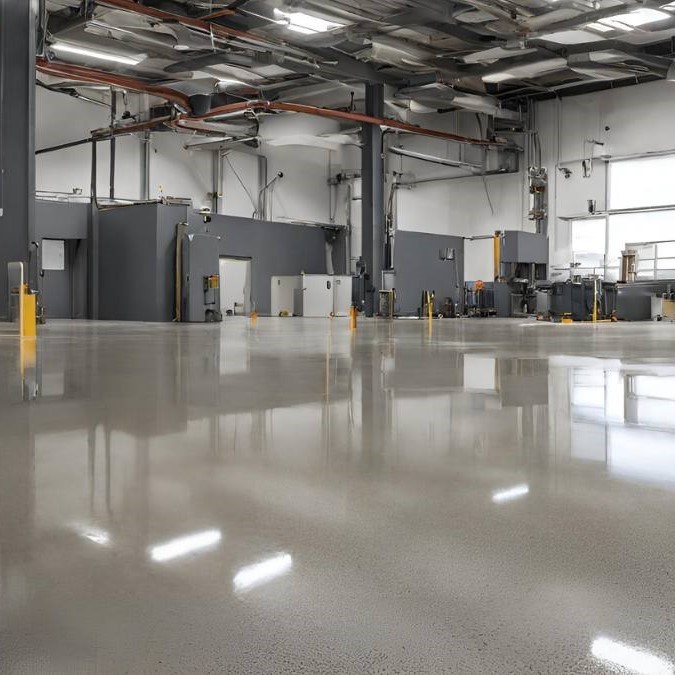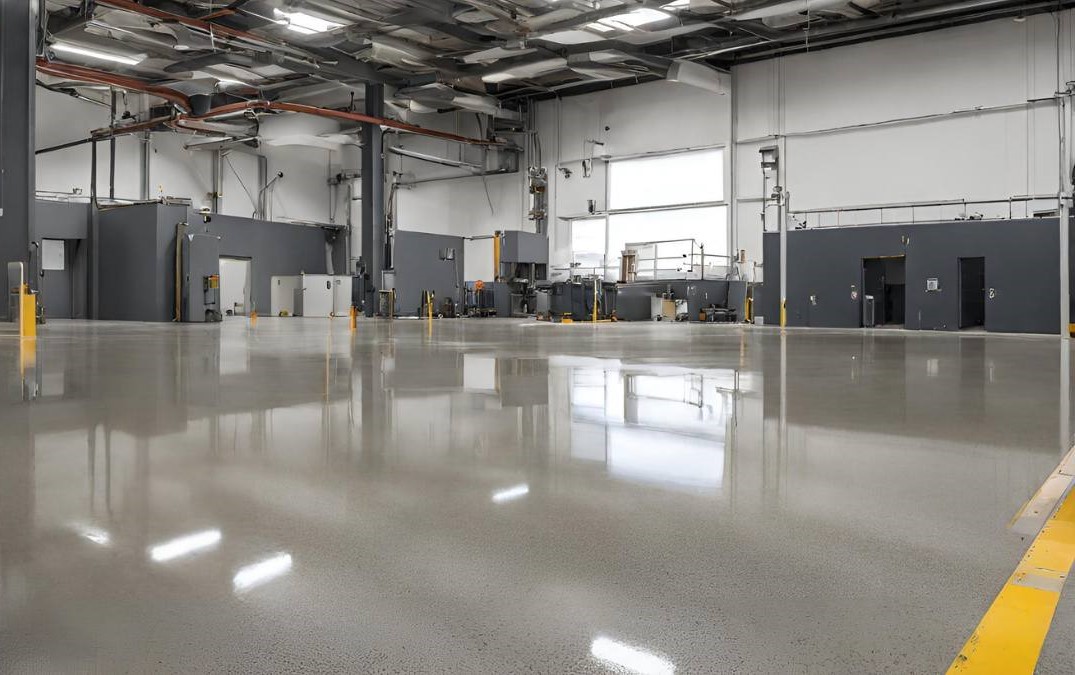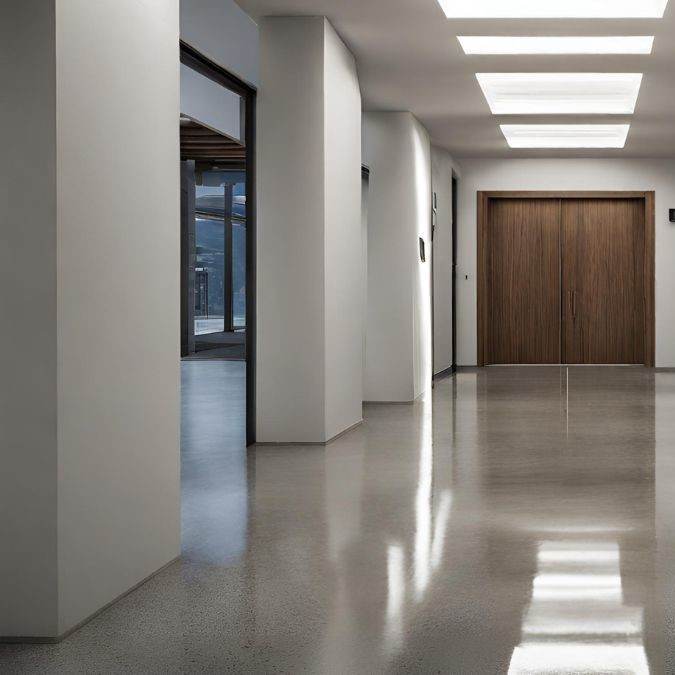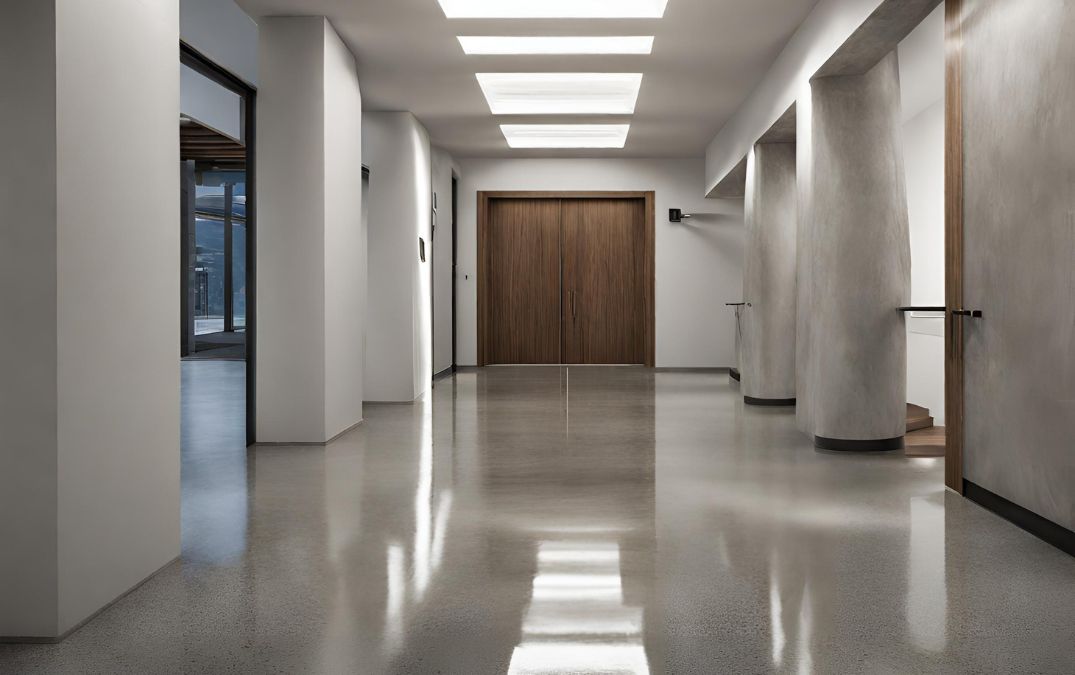How Concrete Flooring Contributes to Electrical Grounding
Concrete floors can act as an effective grounding medium due to their inherent properties, making them valuable in both residential and commercial electrical systems. Concrete, composed of cement, water, sand, and aggregate, has the natural ability to conduct electricity because of its mineral content and moisture levels. These elements create a semi-conductive material that can facilitate the flow of electrical currents.
The primary way concrete contributes to grounding is through its ability to dissipate static electricity. In environments where static buildup can pose a risk to sensitive electronic equipment concrete flooring provides a path for static charges to travel safely into the ground.
For concrete to be an effective grounding medium, certain conditions must be met. First, the moisture content within the concrete must be adequate, as dry concrete is a poor conductor. Ensuring that the concrete is not overly sealed or coated with non-conductive materials can help maintain its conductive properties. Additionally, grounding systems typically involve embedding conductive materials like metal rods or mesh into the concrete to enhance its ability to carry electrical currents. These materials are then connected to the building’s grounding system, creating a direct path for electricity to dissipate into the earth.



